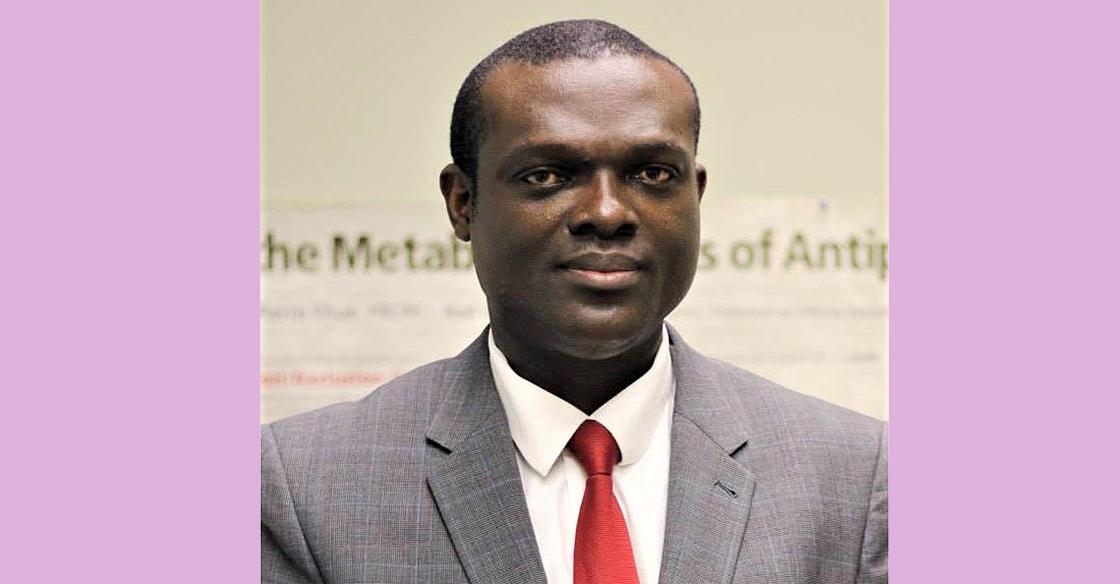
Pictured: Dr. Vincent Agyapong, QEII Chief of Psychiatry and Professor and Head of the Department of Psychiatry at Dalhousie University. Contributed.
While our province has been making positive steps to improve mental health services, there are still gaps to overcome.
In this Q&A, Dr. Vincent Agyapong, QEII Chief of Psychiatry and Professor and Head of the Department of Psychiatry at Dalhousie University explains how the COVID-19 pandemic has affected our mental wellbeing, and shares the plans in motion to improve and expand mental health services and facilities — all for the better mental health of Nova Scotians.
Q&A: Mental health services
Q: How would you describe the current state of mental health services in Nova Scotia?
A: There are a lot of positive things happening, a lot of innovation for the improvement of our services for people in all areas and cultures. But there are still a lot of gaps for access to mental health services in a timely manner. This leaves people in distress turning to emergency departments.
There’s also a lack of access for groups such as African Nova Scotians and newcomers. Our intake system serves everyone but doesn’t work as inclusively for all minority groups. This isn’t deliberate but it’s something we must strive to improve.
Q: Has the pandemic impacted the number of Nova Scotians in need of mental health services and facilities?
A: Locally and globally, people have been psychologically impacted by the ongoing pandemic. Our data suggests that 45 per cent of people surveyed met the diagnostic criteria for major depressive disorder, generalized anxiety disorder and moderate to high stress. Moderate to high stress alone was present in about 85 per cent of people. People are really struggling, and so there's been an increase in demand for mental health services.
Q: Has the pandemic made it more difficult to access these services?
A: The pandemic has made things much more challenging. Healthcare workers themselves are going through increased stress. They also have to isolate when they are infected or a close contact of COVID-19. So, there's a reduced capacity for the mental health system to respond to the increased needs of our population, all caused by the pandemic.
Q: What's one immediate plan to improve mental health services and facilities?
A: There's a redesign planned for the QEII's Psychiatric Emergency Care Suites. Currently, it's not a welcoming space. It's outdated. When someone in crisis comes into that environment, it adds trauma onto trauma. The new space will be a place of healing — calming colours, peaceful sounds and dimmed lights will soothe psychological symptoms and features like weighted furniture and reinforced walls will prevent injuries.
Q: How will this redesign fit into broader improvement strategies?
A: We need interventions in place like access to mental health therapists to help prevent some people from ending up in emergency. Some other new initiatives we are looking at include mental health text message support crafted by psychologists and offered in multiple languages, and a psychiatric day hospital program where patients can sleep at home if safe to do so. These are still in the very early planning stages.
Q: Why should our donor community support these upcoming improvements for mental health services and facilities?
A: I think in 2022, it will be one of the best investments you could ever make. There's no better investment than the one you make in other people, in particular, providing access to quality mental health services. There's no greater satisfaction than to be able to positively impact the lives of other people who are all around us.